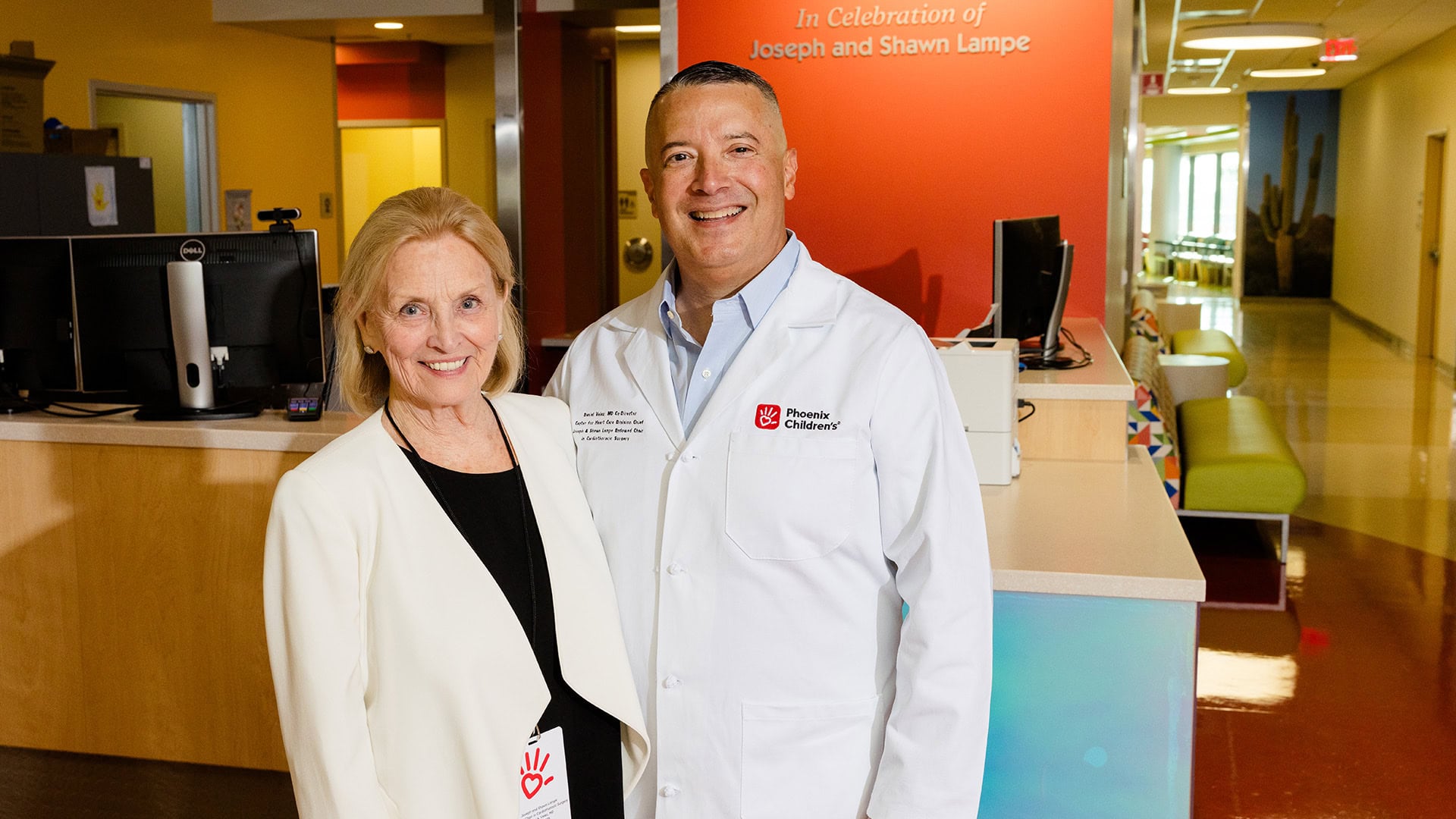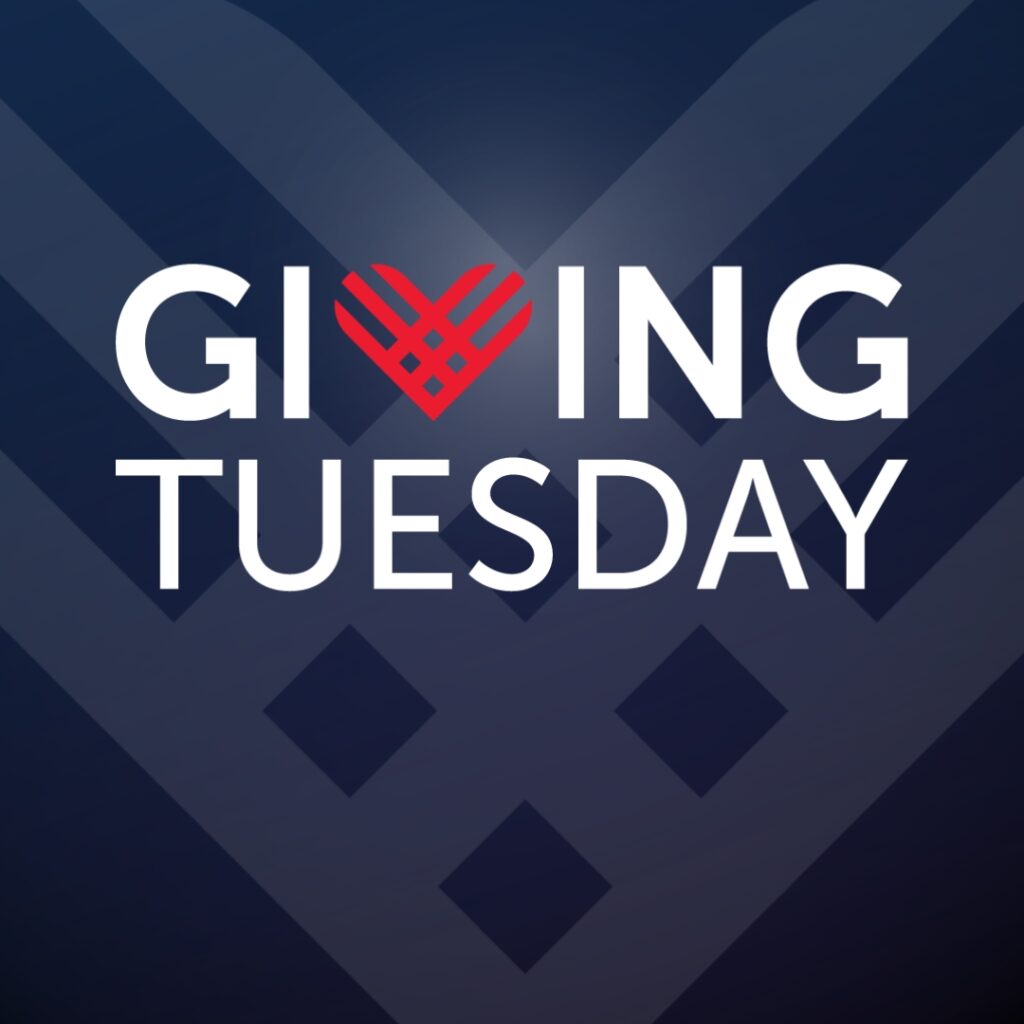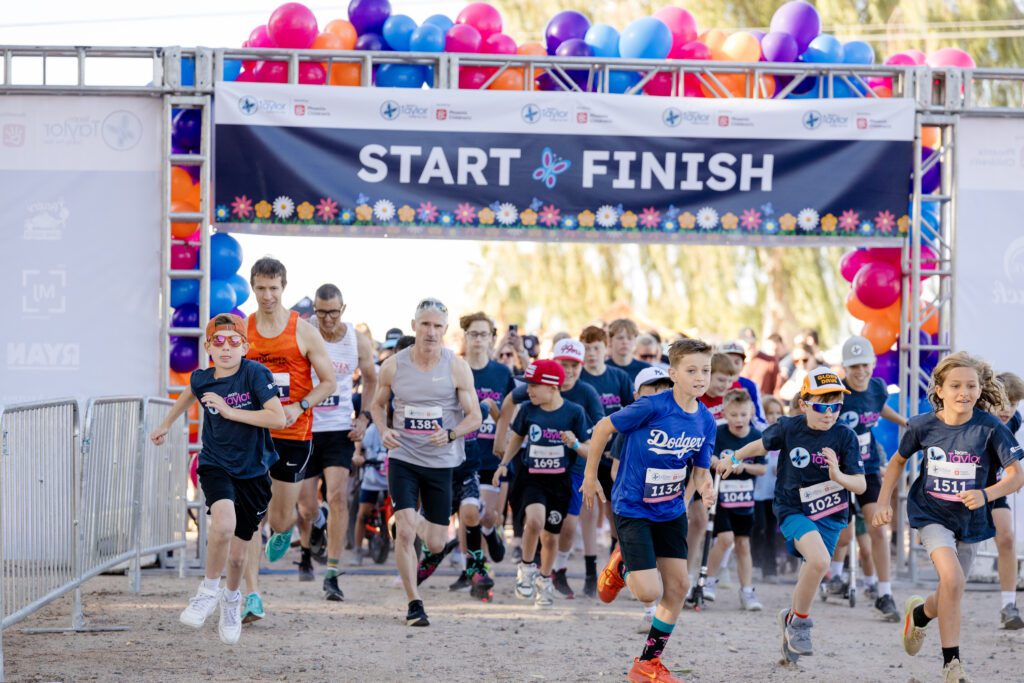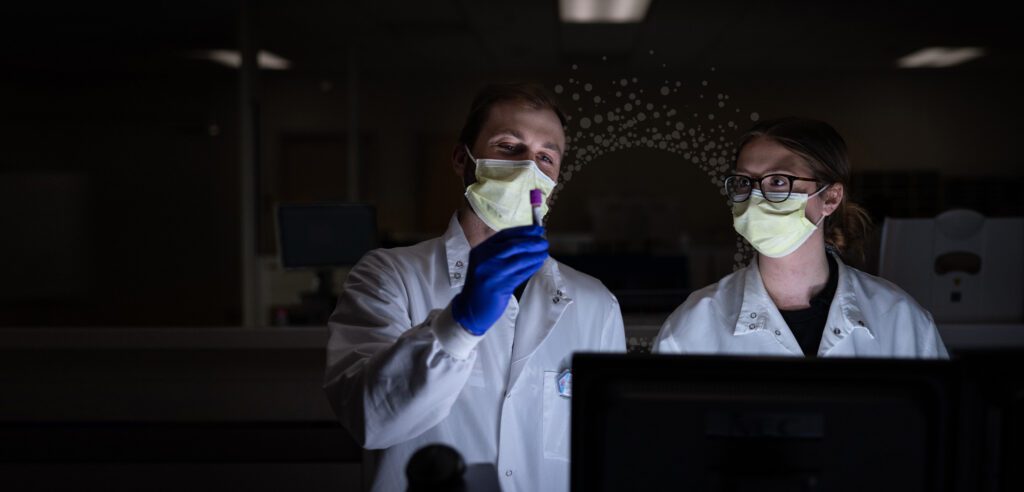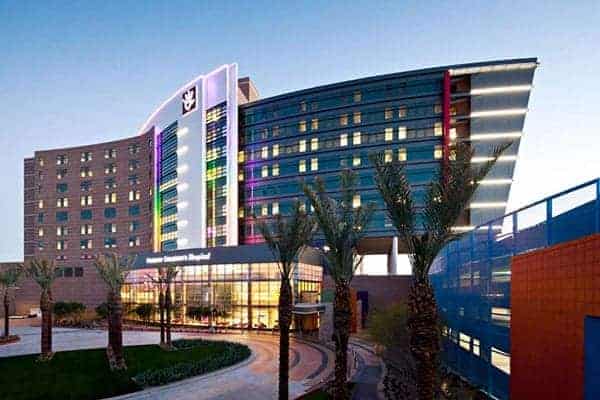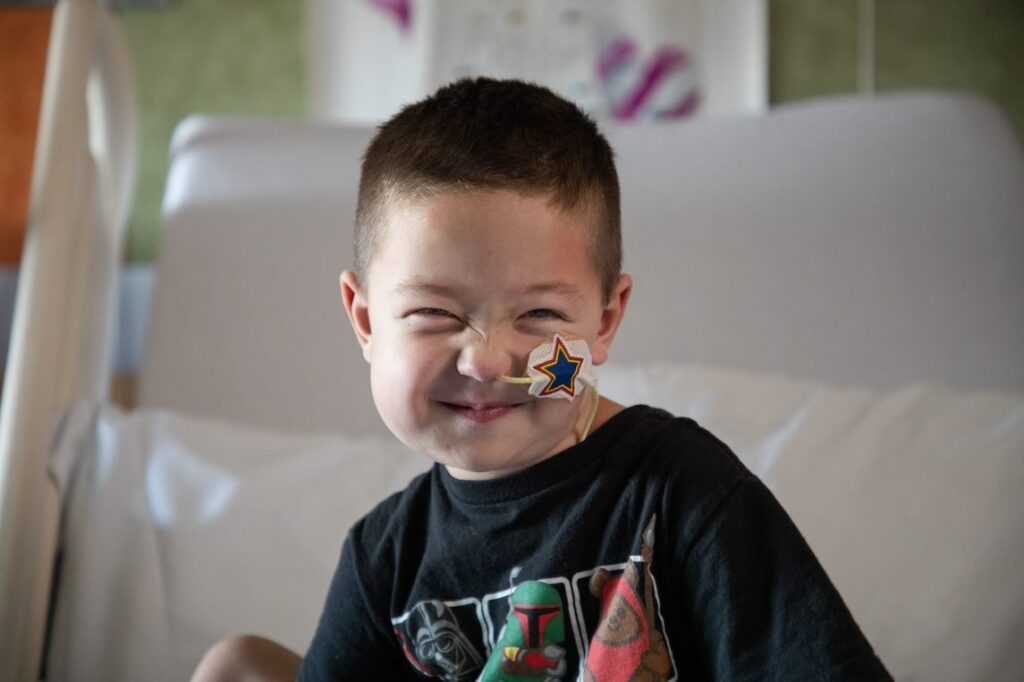When Jerry Cox, a Phoenix-area dentist and artist, wanted to make a difference, he decided to endow a chair in neurology at Phoenix Children’s. “One of the things that I love about Phoenix Children’s is their ability to plant seeds,” he says. “They plant seeds of medical possibilities and watch the possibilities grow. They plant seeds of healing in the children.”
People choose to endow chairs or programs for various reasons—whether that’s paying forward their family’s personal experience, helping others facing the harsh realities of having a sick child or supporting a particular practitioner.
Cox says he chose to endow a chair in neurology because he knew that supporting research in treating epilepsy could make a big impact. “There are thousands and thousands of things you could invest in,” Cox says. “Some of those would tug at my heart, but there are a lot of things in medicine that affect one-tenth of 1% of the population or a smaller amount. I don’t want to invest in that when I can invest the same amount of money to help 1,000 people or 100,000 people.”
- “Endowments are an enduring legacy. They make a perpetual impact—a difference for generation upon generation.”NICOLA LAWRENCEVice President of Individual Giving at Phoenix Children’s Foundation
And why did Cox decide to support Phoenix Children’s? “I really love that with Phoenix Children’s, it’s not just curing the disease in the child,” he says. “It’s treating the children, the mothers, the family—all of that. It’s the treatment of the heart of the patient and the family.”
How an Endowment Can Make Children’s Lives Better
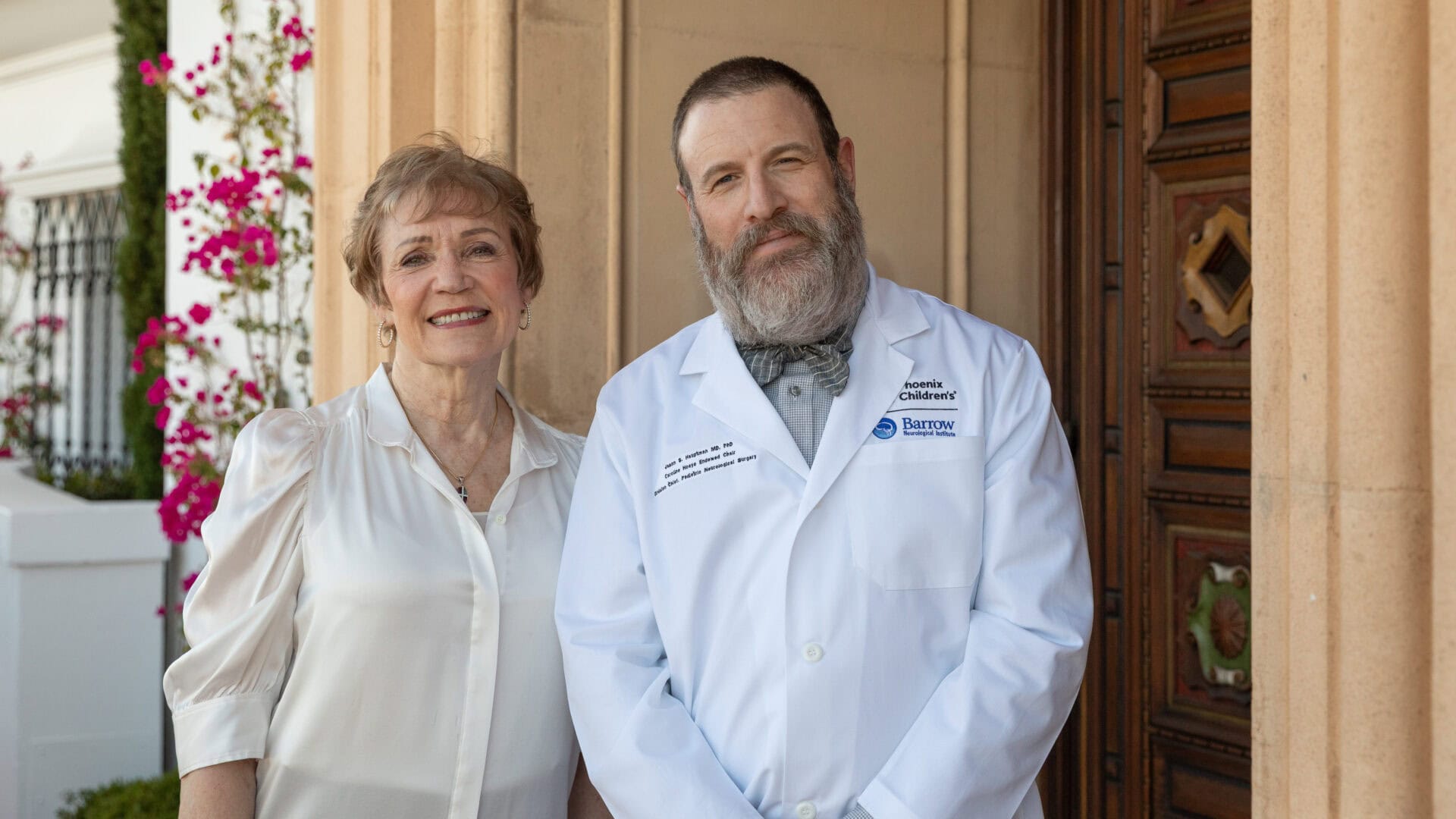
Endowed chairs are one of the most meaningful ways a donor can create lasting impact, helping recruit and retain world-class talent while fueling innovation in care and research. Angus A. Wilfong, MD, division chief of pediatric neurology at Phoenix Children’s and associate director of Barrow Neurological Institute at Phoenix Children’s, is the recipient of Cox’s endowed chair. He says Cox’s gift has been transformative.
“It is so important to advancing our understanding and care of children living with epilepsy and their families,” Dr. Wilfong says. “We’re right at the cusp of making dramatic changes.” He points to the development of laser surgery for epilepsy, which can completely eliminate seizures in some children. “Instead of spending several days or even a week in the hospital after a major brain surgery, children with the laser [treatment] go home the next morning,” he says.
Dr. Wilfong and his team are also testing gene therapy for epilepsy. “This is the first time that we can completely change the whole trajectory of a child’s life by correcting a gene that is causing the epilepsy. It’s such an exciting time,” he says.
The breakthroughs these endowments make possible don’t happen overnight—but every moment of research and innovation gets us closer to a better future for kids.
Endowments Are an Investment in the Future
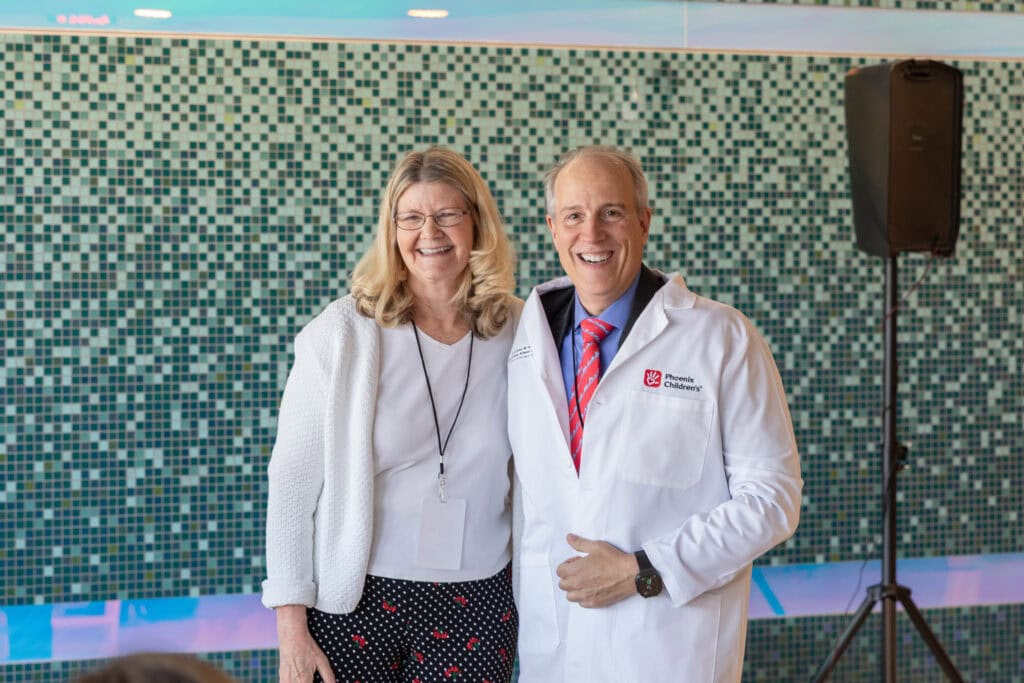
“Endowments are an enduring legacy,” says Nicola Lawrence, vice president of individual giving at Phoenix Children’s. “They make a perpetual impact—a difference for generation upon generation.”
She compares it to saving for your retirement. “You’re putting the money away so that it distributes during time when perhaps the revenue isn’t as easy to access,” Lawrence says.
If you choose to make an endowment, you have two options: You can fund an endowed chair or an endowed program—each with long-lasting impact:
• When you endow a program, you provide revenue for that type of medical service.
• When you endow a chair, you give whoever holds that position latitude on how to use it. They might spend the money on research, equipment or funding fellowships.
Endowed chairs have another benefit, on top of the funding they provide to a specific program or practitioner—they’re important for attracting top talent.
“Leading clinical researchers look for opportunities to test their concepts that will provide new technologies and better outcomes for children,” Lawrence says. “Funded endowed chairs allow us to attract those physicians, and our patients ultimately benefit from their innovations.”
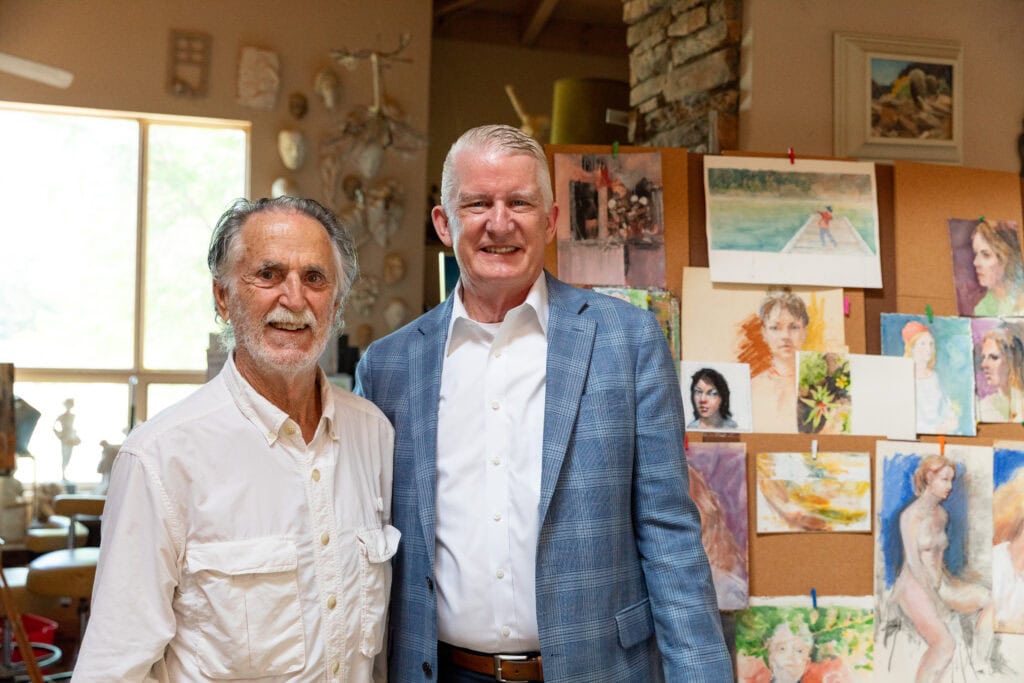
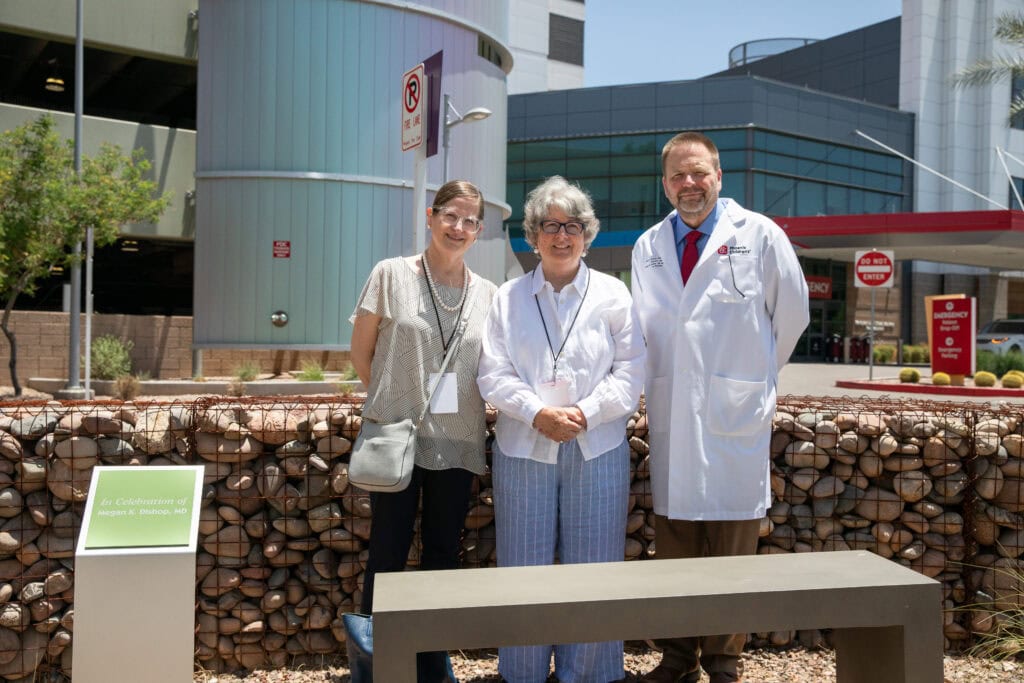
Phoenix Children’s leadership determines how endowed chairs are established, based on planned initiatives. Endowments that are currently available include:
• Osteogenesis Imperfecta Endowed Chair: $2 million to support access to care for children with rare orthopedic conditions.
• Translational Research Endowed Chair: $2 million to fund research into effective cancer treatments with fewer side effects.
• Research Institute Endowed Chair: $2 million to expand research into new treatments for a range of disorders.
• Otolaryngology, Head and Neck Surgery Endowed Chair: $2 million to expand advanced care and treatment for children with challenging ear, nose and throat conditions.
• Cleft and Craniofacial Endowed Chair: $2 million to support life-changing care for children with cleft palates or other facial conditions that require treatment
THE EXPERTS BEHIND THE INNOVATION:
MEET OUR RECENT ENDOWED CHAIRS
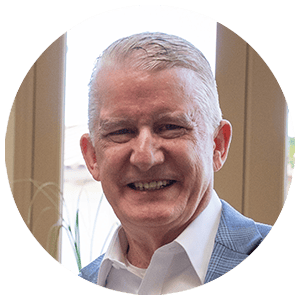
Dr. Angus A. Wilfong, Dr. Jerry Cox Endowed Chair in Neurology
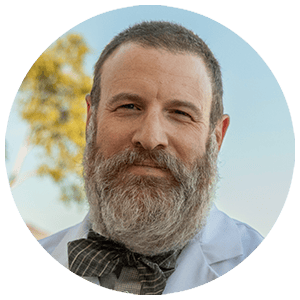
Dr. Jason Hauptman, Caroline Hoeye Endowed Chair in Neurosurgery
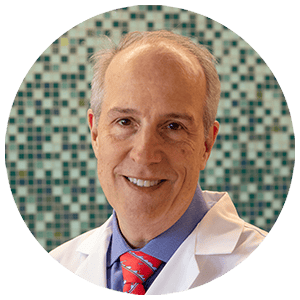
Dr. David Notrica, The Kemper and Ethel Marley Foundation Endowed Chair in Trauma
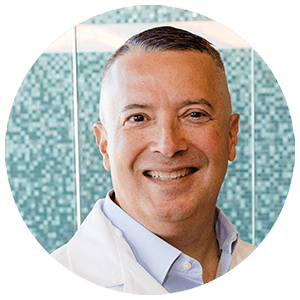
Dr. Daniel Velez, Joseph and Shawn Lampe Endowed Chair in Cardiothoracic Surgery
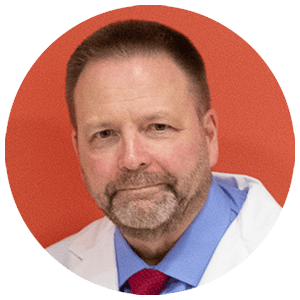
Dr. Dennis Dietzen, Megan K. Dishop, MD Endowed Chair in Pathology
If you're interested in learning more about making an endowment and how your gift could benefit Phoenix Children's, please contact Nicola Lawrence, vice president of individual giving, at 602-933-3870 or nlawrence@phoenixchildrens.com.

